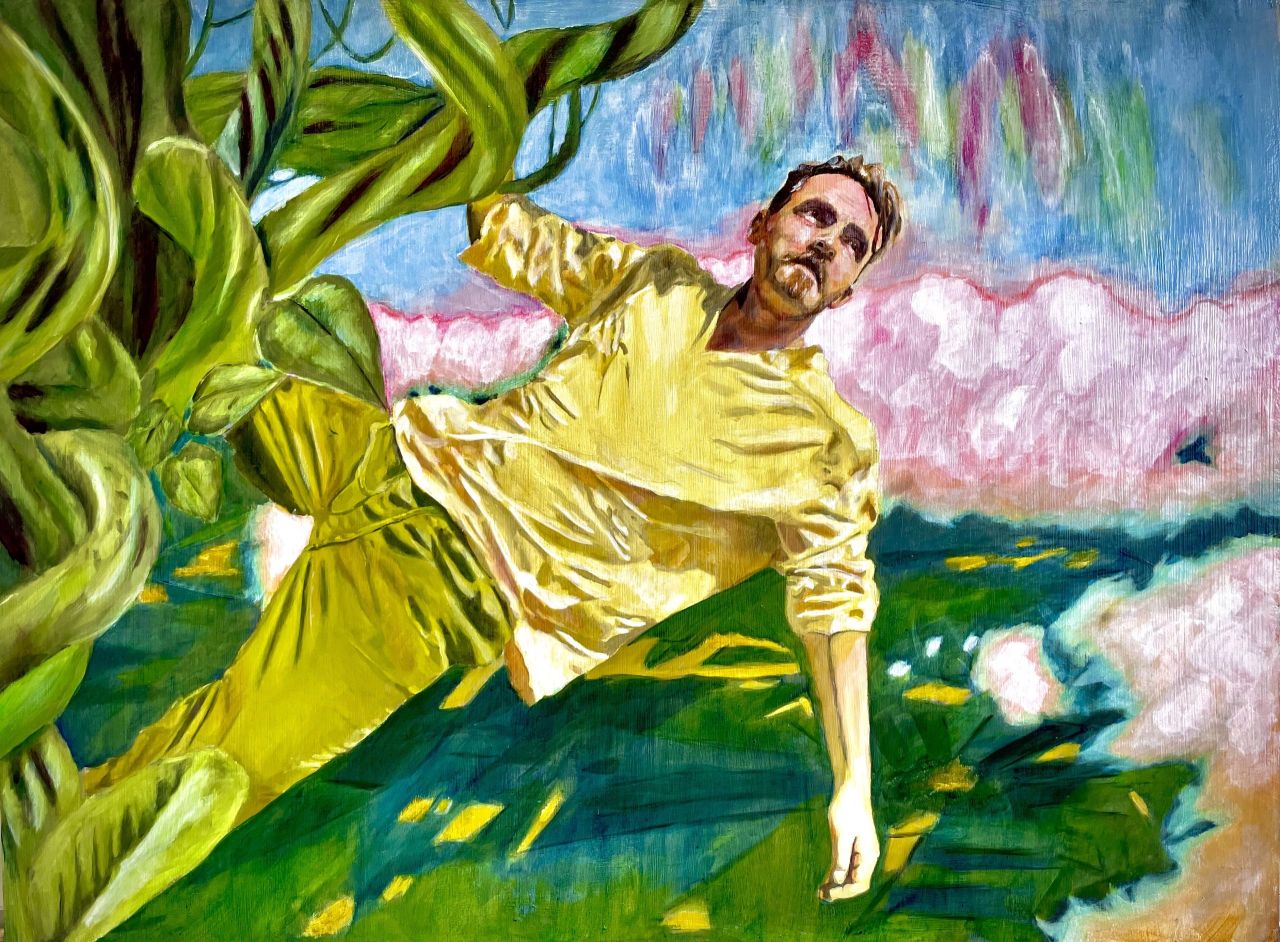Lola Hobson

The Dandelion:
The sky was bruised, and purple marks littered it. The sun had retreated behind a large cloud
of smoke that reached out to it; the smoke was desperate to hide the sun from those below.
Ginnie crouched behind a mound of rubble; the rubble had once been her home. She traced
her fingers across a small pile of dust, she drew pictures of her home in the grey ashes. A
dandelion had survived the attack, it was stood at an angle, its roots were buried deep
between the cracks in the pavement. Ginnie wondered how the small flower had survived
when her brother, Leo, had not. She didn’t understand how the world had cruelly taken her
brother away but had left a dandelion unharmed.
Ginnie’s world had been fractured overnight, cracked like a mirror that had been
knocked from the wall. The city was alive, just about. Last night, the streets had been filled
with the laughter of children, the chatter of women going to town, and the cries from market
stall owners as they advertised their goods. Then suddenly, the roar of jets pierced the air, and
trails of fire flattened the neighbourhoods and the lives of those she knew. Ginnie had heard
the hushed whispers from her parents and her next-door neighbours.
“Sovereignty,” they had mumbled. “Resources.”
The words were just empty syllables that fell off the tongue easily, they were as brittle
as the bones and infrastructures that were buried under the rubble.
Off in the distance, a convoy raced through the ruins; soldiers moved like shadows
across the derelict walls. They seemed faceless; they hid behind their clunky helmets, and
their weapons were slung carelessly across their bodies. To them, the power to kill was as
casual as carrying a bag of groceries home from the market on a Tuesday morning. Ginnie no
longer feared them: she had learned that fear required energy, energy that she no longer had.
She focused instead on small rebellious acts, such as keeping the dandelion alive against the
odds of the war. She could keep the dandelion safe, but not her brother.
A soldier stopped close to her, his boots crunched on the debris below his feet. He
looked at the dandelion, and then at Ginnie. There was a flicker of something in his eye,
regret maybe, but it flickered out as quickly as Ginnie’s house had been destroyed. He turned
his back to her, his radio crackled with faint orders from his higher-ups. Ginnie realised that
to the soldier, she was nothing more than a piece of the landscape.
Once night fell again, Ginnie picked the dandelion from its snug home in the
pavement cracks. She gently placed it in her pocket. Tomorrow, she would take it with her to
the bombed-out infrastructure that had once been her school. Children still gathered there,
they traded lessons in survival rather than in maths of history. Ginnie hoped that the flower
would remind her friends that life will always find a way to carry on, even when the shadow
of violence threatens them.
Ginnie stared out at the horizon of the now flat city, fires burned and army machines
crawled like a colony of ants. Ginnie wondered how long life could persist in this world
where it seemed like everyone wanted to erase her city.
The dandelion, which she now cradled in her palm, seemed to glow softly against the
darkness. Something small could bloom even in the ashes and rubble.